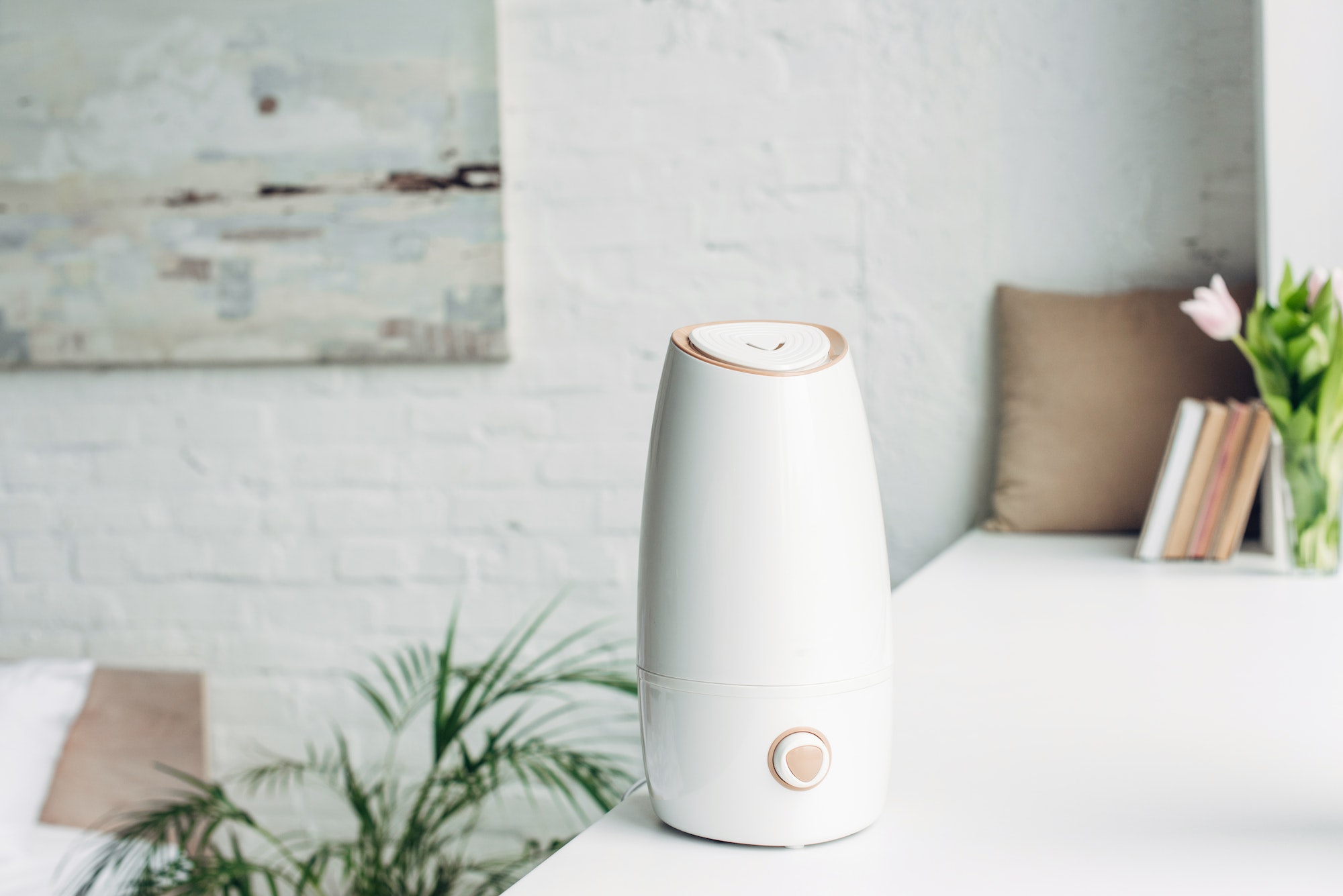The air quality in the US has been declining steadily over the past few decades, partly due to the increased use of chemicals and other environmental pollutants. These pollutants can cause various health problems, including respiratory illnesses, headaches, and cancer.
One tried and tested way to improve the air quality in your home is to use a diffuser or humidifier. Diffusers and humidifiers emit moisture into the air, but they do so differently. Diffusers use ultrasonic vibrations to create a fine mist of water droplets dispersed into the air. Humidifiers generate a stream of air that passes through a wick soaked in water, evaporating and humidifying the room.
When it comes to benefits, both diffusers and humidifiers can help with respiratory problems, dry skin, and static electricity. They can also help reduce snoring. However, humidifiers are generally more effective than diffusers when relieving congestion due to colds or allergies.
Diffusers are typically smaller and more portable than humidifiers, making them easier to take with you on the go. They’re also typically more affordable than humidifiers. However, they don’t last long and must be refilled more often.
Many people use diffusers and humidifiers interchangeably when it comes to home comfort. However, these two devices serve different purposes. In this article, we look at humidifier vs diffuser to help you decide which is suitable for your home.
How do diffusers work?
Diffusers spray essential oils into the air, which is done through ultrasonic vibrations that create a fine mist. The mist then carries the essential oils around the room, where they can be inhaled.
Many different types of diffusers are available on the market, but they all work similarly. Some diffusers come with timers and adjustable mist settings, but the basic principle is always the same.
What are the benefits of using a diffuser?
There are many benefits to using a diffuser in your home. Diffusing essential oils will improve your mood, increase energy levels, and boost your immune system. Also, diffusing certain oils can help purify the air and reduce stress.
What are the drawbacks of using a diffuser?
Diffusers can be expensive, and essential oils can be toxic if not used properly. Also, diffusers may not be as effective in large rooms.
How do humidifiers work?
Humidifiers add additional moisture to the air, which is done through evaporation, turning water into vapor, and then released into the air.
Humidifiers in the USA come in many different shapes and sizes, but they all work in the same fundamental way. Some humidifiers come with timers and adjustable mist settings, but the basic principle is always the same.
What are the benefits of using a humidifier?
There are many benefits to using a humidifier in your home. Humidifiers can help to relieve dry skin, nasal congestion, and sore throats. Additionally, humidifiers can help to protect your furniture from damage and improve the quality of the air you breathe.
What are the drawbacks of using a humidifier?
Humidifiers can be noisy, increasing the risk of mold growth if not used properly. Also, humidifiers can make the air feel stuffy.
So, which one should you use in your home?
It depends on your needs. A diffuser is a good choice if you’re looking to improve your air quality or relieve stress. A humidifier will be a better option if you’re trying to alleviate allergies or breathing problems. It’s up to you to determine which device is best for your particular situation.
What other devices can be used to improve your air quality?
Other devices, such as air purifiers and ionizers, can improve air quality. Air purifiers work by trapping airborne particles and removing them from the air, which can help to reduce allergies and asthma symptoms. The drawbacks of air purifiers are that they can be expensive and don’t work well in large rooms.
Ionizers work by sending negative ions into the atmosphere. These ions attach to positive ions, such as dust and pollen particles, making them weigh more, so the particles fall to the ground instead of floating around in the air. The drawbacks of ionizers are that they can produce ozone, which is harmful to your health. Additionally, ionizers are not as effective in large rooms.
Neither of these devices should be used interchangeably with diffusers or humidifiers, as they serve different purposes.
The bottom line
Diffusers and humidifiers serve different purposes. Diffusers are used to improve air quality, while humidifiers are used to relieve allergies or breathing problems. It is crucial to choose the suitable device for your needs so that you can enjoy all the benefits it has to offer. It’s up to you to determine which device is best for your needs. If you’re unsure, it’s always a good idea to consult with a doctor or allergist.
Discover more from Futurist Architecture
Subscribe to get the latest posts sent to your email.


![modern apartment [article_title]](https://www.futuristarchitecture.com/wp-content/uploads/2025/04/6-Sleek-Tricks-to-Dream-Your-Frameless-Mirror-900x600.jpg)
